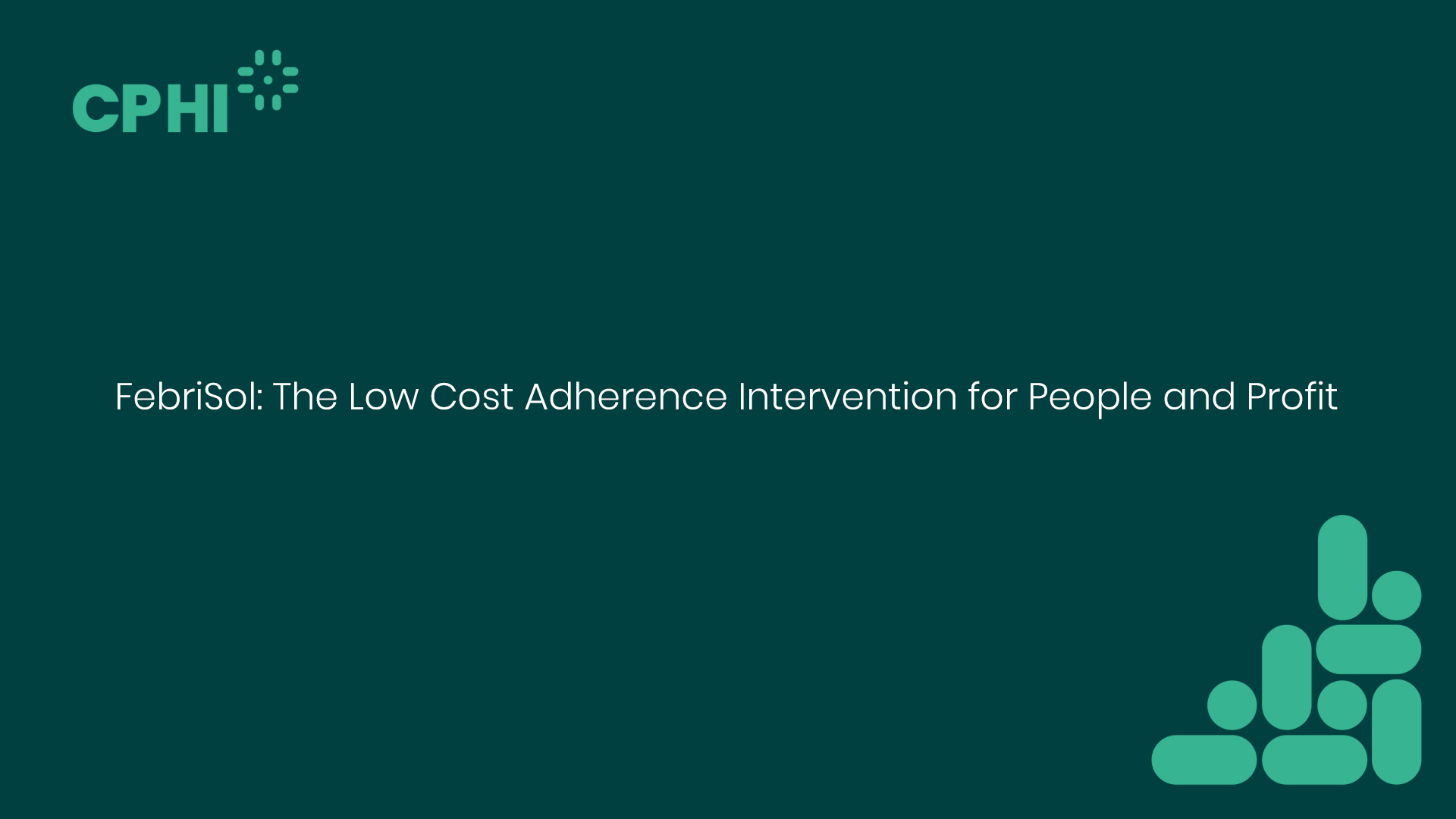
Swiss pharmaceutical powerhouse Novartis has initiated a series of acquisitions to mitigate expected revenue declines resulting from upcoming patent expirations. In late October, Novartis revealed a $12 billion (£9 billion) all-cash acquisition of Avidity Biosciences, a biopharma firm that focuses on RNA therapeutics and possesses a novel class of treatments enabling antibody-directed RNA delivery.
This acquisition is a strategic enhancement for Novartis’s neuroscience portfolio, particularly improving its expertise in genetic neuromuscular disorders. Avidity Biosciences, located in California, concentrates on utilizing antibodies to guide RNA to specific tissues or cells, focusing on three muscular ailments. Last year, it disclosed favorable trial outcomes for patients suffering from Duchenne muscular dystrophy, with an FDA approval decision expected by late 2025.
Prior to this acquisition, Novartis encountered the loss of exclusivity on its leading heart medication Entresto in July, which had achieved sales exceeding $4 billion in the US and nearly $8 billion worldwide in 2024. With generic competitors entering the arena, the company aims to secure partnerships to counter anticipated sales declines, as stated by Shivani Singh, healthcare analyst at the Economist Intelligence Unit. Singh indicated that Novartis is strategically seeking partnerships and acquisitions to bolster its drug pipeline and alleviate revenue losses.
This acquisition forms part of a larger strategy by Novartis to address multiple upcoming patent expirations. In October, the firm also purchased Tourmaline Bio for its monoclonal antibody pacibekitug, designed to alleviate inflammation related to cardiovascular and chronic kidney ailments, and started a collaboration with Arrowhead Pharmaceuticals on siRNA therapies targeting neurodegenerative diseases, involving a $200 million upfront investment and potential milestones totaling up to $2 billion.
Novartis’s strategic emphasis is on cardiovascular, renal, and metabolic disorders, neuroscience, oncology, and immunology. The company excels in cell and gene therapy as well as RNA-based therapies. To navigate the challenges posed by patent expirations, Novartis has undergone restructuring and cost-cutting measures, resulting in the layoff of thousands of employees in recent years.
The pharmaceutical industry is nearing a “patent cliff,” with significant patent expirations anticipated in the next five years, as pointed out by Luca Borelli, head of health industries deals at PwC, Switzerland. “We’re nearing the conclusion of a biological super cycle,” he commented. Jared Holz, healthcare equity strategist at Mizuho, elaborated that up to $200 billion in revenue might be affected by generics or biosimilars by 2031.
Novartis is not the sole entity facing patent issues. Companies such as Eli Lilly, AstraZeneca, and AbbVie are better equipped in this aspect, while Novartis, along with Merck & Co, Bristol Myers Squibb, Pfizer, and Amgen, is confronted with notable patent expirations.
Recently, major pharmaceutical companies have adopted a more cautious approach, postponing deals until assets demonstrate more established value, following soaring valuations during the Covid-19 pandemic. ‘Pharma companies have begun to wait until it is more validated,’ Borelli noted. Nonetheless, Holz highlighted that in the Avidity transaction, ‘Novartis invested roughly four times the revenue projections for 2030.’
The Avidity acquisition is a strategically astute move, asserts Singh, as Novartis acted promptly before prices escalated due to competitive offers or positive trial results. This action strategically positions Novartis favorably as the pharmaceutical sector prepares for an increase in mergers and acquisitions due to the looming patent cliff.